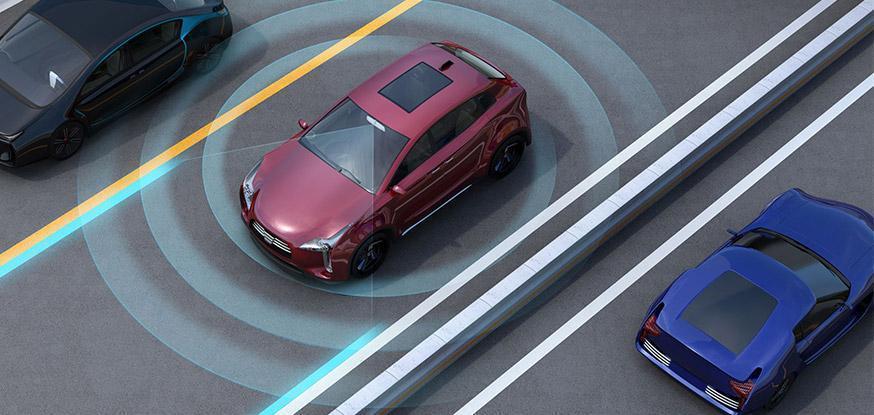The US Federal Communications Commission (FCC) has announced that it has increased the amount of spectrum reserved for 'connected cars' in a bid to accelerate the development of new specifications and features which are ultimately aimed to improve safety.
The FCC issued a statement in which it declared that by increasing the spectrum allocation from the 76GHz to 77GHz band to the entire 76GHz to 81GHz band - would make the United States consistent with other countries.
According to the FCC, the increased spectrum would enable car manufacturers to avoid the need to customize technology for the US market. The automotive industry has expressed its desire to establish common standards and a global framework in relation to 'connected cars' - the lack of these standards and frameworks has become a key concern for car manufacturers.
It's a hot topic in the automotive sector, and at the RISE conference in Hong Kong last week, Volvo's senior adviser on research and technology, Torbjorn Holmstrom, revealed that he could not foresee or predict a time when there will be a global standard in relation to communication between vehicles and infrastructure.
It has been reported that FCC-released spectrum will be used for radar application including lane change warnings, blind spot detection, parking features, autonomous braking and pedestrian detection technology. It will also be made available for aircraft taxiing around airports.
FCC chairman, Ajit Pai claimed the creation of such radar systems can save lives on US roads. He said: "Vehicular radar systems can improve our driving experience and help our families stay safe. Access to this contiguous block of spectrum will allow for new innovations and the expansion of potentially life-saving vehicular radar technologies."
Volvo Group announced last week that any new models developed after 2019 will not be made with a self-combustion engine, claiming that all new future models will be electric or autonomous. This represented the first of the traditional car manufacturer to publicly declare its move away from the traditional manufacturing of vehicles.

